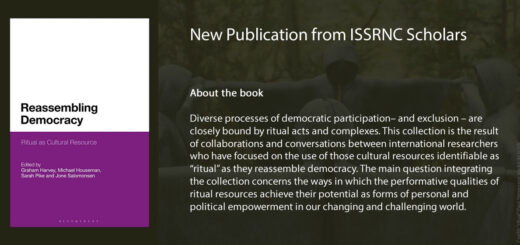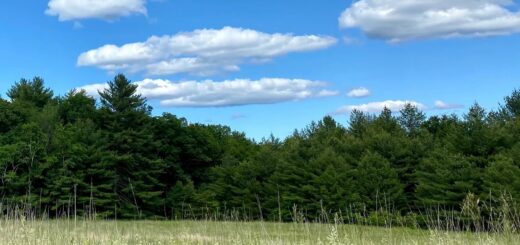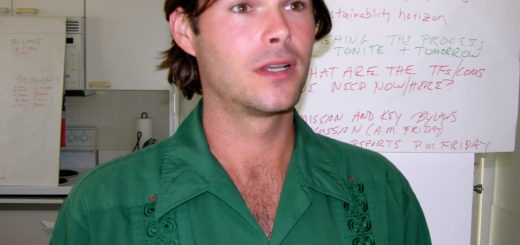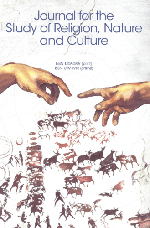Theories of Land – A Working Group CFP
CALL FOR APPLICATIONS
Theories of Land – A Working Group
Organized by Dana Lloyd (Villanova University) and Evan Berry (Arizona State University)
As scientists, activists, and elders continue to warn about the existential dangers of human intervention in Earth’s ecosystems, we ask how theories about land can contribute to efforts to heal and repair the planet. What can be learned from the struggles of Indigenous peoples to protect sacred sites, from the work of neighborhood associations fighting gentrification, or from legal efforts to recognize the natural environment as a rights-bearing entity?
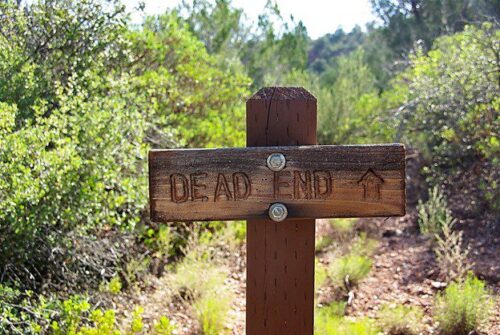 Texts from different disciplines (e.g., legal, religious, literary, etc.) offer competing theories of land. Land is often rendered as property and commodity, but it can also be protected or preserved as having cultural significance, as wilderness, as kin, or as a shared home. Can such divergent theories of land coexist or are they mutually exclusive?
Texts from different disciplines (e.g., legal, religious, literary, etc.) offer competing theories of land. Land is often rendered as property and commodity, but it can also be protected or preserved as having cultural significance, as wilderness, as kin, or as a shared home. Can such divergent theories of land coexist or are they mutually exclusive?
Which of these theories of land are most suited to address the ethical and political questions that present environmental crises pose to our collective wellbeing? What does it mean to treat a piece of land as someone’s home? Can home be reduced to property? How do sacrality and capitalist ownership intersect? Do conceptualizations of land as wilderness exclude human inhabitants? Does the value of land vary according to whom it ‘belongs’? Should land be ‘productive’ for human beings, and if so, how should the productive value of land be determined? How should the goods of the land—minerals, foodstuffs, natural materials—be valued, obtained, or preserved? The answers to these questions depend on how land in general is understood, as well as how particular lands are valued.
These questions touch on intimately cultural matters, evoking how different communities conceptualize themselves and how such conceptualizations relate to land. These questions are not new. Ancient Greek philosophers from Thales to Aristotle asked about the essence of the earth, and early modern political philosophers such as Thomas Hobbes, John Locke, and Jean- Jacques Rousseau grounded their social contract theories by valorizing agricultural cultivation and its relation to private property. The new politics imagined by Enlightenment thinkers paved the way for European projects of colonialism and capitalism, bringing all land everywhere under the power of possession. Alternatives to and critiques of colonial theories of land abound: from the kinship models of humans in relation to land found among many Indigenous peoples to the agricultural commune movements of the nineteenth century, from the anti-imperial communisms of the twentieth century to the radical environmentalisms of the twenty-first century.
We are establishing a reading and writing group that brings together scholars from various disciplines (philosophy, history, religious studies, political theory, sociology, law) to discuss these questions in conversation with select reading materials that put land at their center. The group will meet virtually, once a month for seven months. At the end of this period, we will convene to workshop short essays about land, written by participants and inspired by our shared discussion. We aim to publish these essays as a forum on a public-facing platform. We invite proposals from scholars in any field and will be able to provide participants with the reading materials and fund workshop travel expenses. This project is supported by the SSRC’s Religion and the Public Sphere program and the Henry Luce Foundation.
To apply please send the following elements as the body of an email to and by April 29:
- A short bio (200 words max);
- Describe your interest in the working group, indicating how the working group may contribute to your own research (500 words max);
- Suggestion of one book for the working group to read together, including a short explanation of your choice (200 words max).
Meetings will be held online once a month from June to December 2022. We will get together in person over a weekend in February 2023 to workshop participants’ papers, which we will aim to publish as a series on a public-facing platform in May 2023.
Please feel free to email us with any questions,
Dana and Evan

